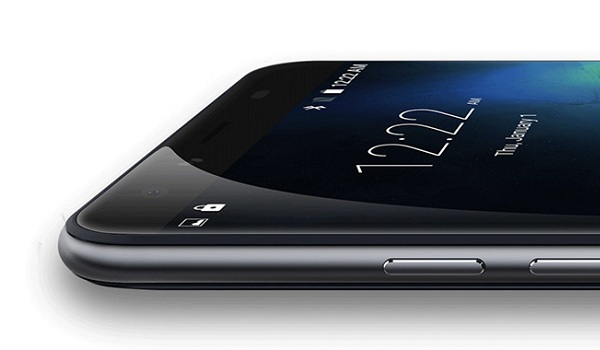The term, flagship killer, is used to describe a premium mid-range phone that delivers close to premium flagship performance and features but cost significantly less. Super mid-range smartphones are not on the same level as flagship killers, but they are solid all-rounders.
What Is the super mid-range smartphone?
It is not in the league of the flagship killers, but it has features and specs very similar to what obtains on them. And it costs much, much less. This makes a super mid-range smartphone even better value than a flagship killer. There are not a lot of them around yet, but give it time; the markets will be populated by them in no time. Yesterday morning, MobilityArena user, Kayode Akinrelere, asked a question about available devices in the sub-$400 price range but with at least 3 GB of RAM and 32 GB internal storage. I shall build a case for the super mid-range smartphone on it. Imagine a quad, hexa or octa-core processor clocked up between 1.5 and 2.2 GHz. The processor will likely be made by MediaTek. The device will be 4G LTE and have a 13 megapixel camera and above. Ladies and gentlemen, I have just introduced you to the super mid-range smartphone. Some years ago, the above was specs for a flagship, but thanks to the army of Chinese manufacturers and MediaTek (among others), what used to be flagship specs and performance are now readily available at much lower cost to enthusiasts and those who want to live on the cutting edge of smartphone usage. The super mid-range smartphone is a possibility, if it doesn’t already exist.
The Contenders Are…
Here is a quick list of my personal contenders right now:
Lenovo Vibe K4 NoteHuawei GR5Gionee M5 PlusInnjoo Max 3
But if you check their specs, you will see that they all fall short a bit. Internal storage on both the Lenovo and Huawei is 16GB. The processor in the Gionee is 1.3 GHz (aaargh!). We do not yet have details of the processor in the Innjoo, but if past experience is anything to go by, I wont be shocked to see 1.3 Ghz in it too. Mbanu. 1.3 Ghz wont cut it. There are some models from other brands like Ulefone, Xiaomi, and so on that are close too. Some of their 2014 flagships fit the description perfectly, but we are talking about 2016 devices now (maybe late 2015 too).
These Models Qualify
The Xiaomi Redmi 3 Pro with 3GB RAM, 32GB internal storage, micro-SD card slot, octa-core Snapdragon processor clocked up to 1.5 GHz, 4G/LTE and a massive 4,100 mAh battery meets all the specifications. And it costs less than $400. So, we have one. Another device that qualifies as a super mid-range smartphone based on the above specifications is the Infinix Zero 3 LTE. 2 GHz octa-core processor. 3GB RAM. 32GB internal storage. 4G LTE. Costing less than N60,000, it is incredible value for money. The build is plastic, but I guess that is partly why the Zero 3 is so pocket-friendly. Do you know of any other super mid-range smartphones – a 2016 (or late 2015) smartphone that meets up to the specified specs above and costs $400 or below?
2022 update on super mid-range smartphones
It is time to update this article. Just like I predicted back in 2016, the global smartphone market is awash with a number of devices that fit in the super mid-range smartphones category. A few notable ones are Samsung Galaxy A52s 5G, OnePlus Nord 2, Xiaomi 12 Lite, Redmi Note 11 Pro Plus 5G, and Realme 9 Pro+, among others. Their specs are far above what obtained in 2016, but then that is the natural progression of cell phone technology. The specifications and features for each category keep getting better.
The summary of the matter is that today, you no longer need to spend USD $500 on a smartphone to get fluid or smooth performance and advanced features. That period belonged in the past. With between $300 and $400, you are assured of finding an outstanding smartphone. We are now living firmly in the age of the super mid-range smartphone.
Don’t miss our mobile phone reviews.Follow our news on Google News.Join our WhatsApp Group, to be notified of the most important articles and deals,Follow us on Instagram, Facebook, Twitter, and YouTube.
